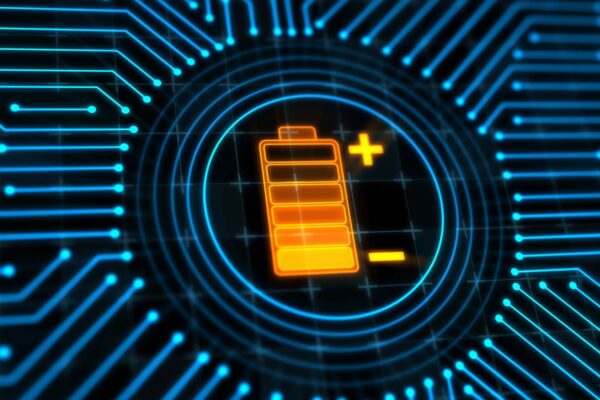The danger of lithium batteries in e-bikes and e-scooters has made the news recently. We asked Karbon’s Building Safety Manager Mark Mulhern to explain the risks and how to avoid them.
As e-bikes, e-scooters and even e-skateboards grow in popularity, so do the risks of fire caused by their lithium batteries. If they become damaged or begin to fail, they can explode and catch fire. Here’s how to stay safe…
Buy from a reputable retailer
Many fires involve items, chargers and batteries which do not meet British or European standards or counterfeit electrical goods. So, always buy from a reputable retailer to make sure what you are buying is as safe as possible. Make sure you register your product with the manufacturer to validate any warranties – this will usually include the battery too. This will make it easier for manufacturers to contact you in the event of safety or recall information.
Don’t block your exit
Don’t charge or store your e-bike or e-scooter near the exit and where possible, store them outside of your home. If you live in one of our blocks, your e-bike or e-scooter must never be charged or stored in the communal areas or in a place that blocks a fire escape route. If you have to store them in your flat, do this away from the exit or your means of escape and avoid anywhere that can get excessively hot.
Watch for warning signs
A failing battery can be a fire risk. Keep an eye out for warning signs, such as overheating or swelling batteries and replace them if necessary. If you notice any unusual odours, smoke, or hissing sounds, unplug the charger immediately and carefully move the battery to an outside area. Remember: batteries can be damaged if dropped or if you crash and a damaged battery is more likely to overheat and be at risk of catching fire.
Let your battery cool
Lithium batteries can heat up when used. Let your battery cool down before charging it to avoid overheating. This will also help to extend the life of your battery.
Take care when charging
Always charge your battery in a well-ventilated area, staying away from combustible or flammable materials. Don’t cover chargers or battery packs when charging. If you spot any signs of wear and tear to your charger, do not use it any further and replace it. Don’t overload sockets or use inappropriate extension leads. Use un-coiled extension leads and make sure the extension lead is suitably rated for what you are plugging into it.
Never leave batteries unattended
It may be tempting to leave your battery charging overnight or when you are out, but this can be dangerous. Never leave your battery charging unattended or while you sleep, you need to be awake and alert so if a fire should occur you can respond quickly.
Unplug your charger
Once your battery is fully charged, unplug your charger. Overcharging your battery can damage it and increase the risk of fire. Make sure to follow the manufacturer’s instructions for charging and maintaining your battery.
Damaged or old batteries
Do not dispose of batteries in your normal household waste or recycling as this can cause a bin or rubbish fire if damaged during waste collection and processing. This includes any communal bins if you live in one of our blocks.
For more information on charging lithium batteries safely, visit www.london-fire.gov.uk/chargesafe

